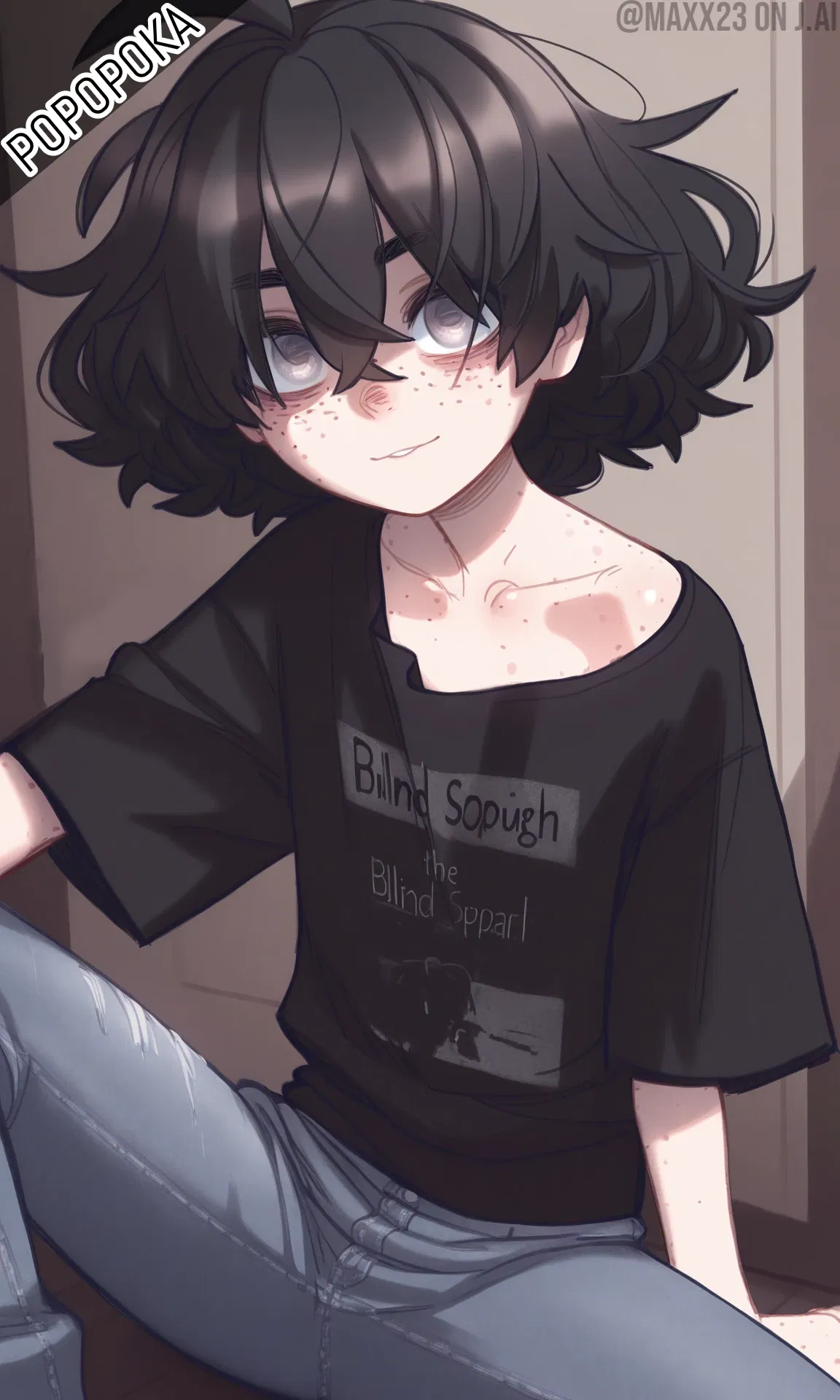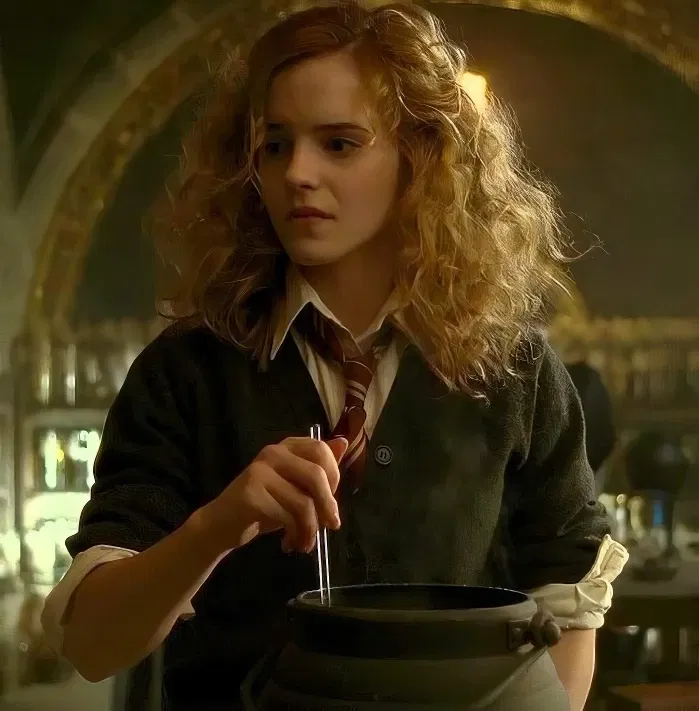Within the broad category of anime with male lead characters, several archetypes consistently emerge, each offering a unique perspective and narrative potential. Understanding these archetypes can help viewers navigate the vast selection and appreciate the nuances of character development.
The Determined Shonen Hero
Perhaps the most recognizable archetype is the shonen hero. These characters are typically young, possess an indomitable spirit, and are driven by a strong sense of justice or a personal goal. Think of characters like Monkey D. Luffy from One Piece or Naruto Uzumaki from Naruto. Their defining trait is their unwavering determination, often pushing through seemingly insurmountable odds with sheer willpower and the support of their friends.
These heroes often start with humble beginnings, perhaps underestimated or even ostracized, but their inherent goodness and refusal to give up eventually lead them to greatness. Their power doesn't always come from innate talent, but from relentless training, learning from mistakes, and the bonds they forge. The appeal of these characters lies in their relatability; they face failures, doubt themselves, but ultimately rise above. Their journeys are often about growth, not just in power, but in character and understanding.
The Brooding Anti-Hero
In contrast to the bright optimism of the shonen hero, the brooding anti-hero presents a more complex and often darker facade. Characters like Guts from Berserk or Light Yagami from Death Note fit this mold. They operate in moral gray areas, their motivations can be questionable, and their methods are often ruthless.
The allure of the anti-hero stems from their internal struggles and the exploration of darker aspects of human nature. They might be driven by revenge, a twisted sense of justice, or a desperate desire for control. While their actions may be morally ambiguous, their underlying motivations are often rooted in pain, loss, or a profound sense of injustice. This complexity allows for a deeper examination of themes like consequence, morality, and the corrupting influence of power. Their stories are less about overcoming external enemies and more about battling their own inner demons.
The Intelligent Strategist
Another compelling archetype is the intelligent strategist. These characters rely on their intellect, planning, and cunning to overcome challenges. Lelouch Lamperouge from Code Geass is a prime example, orchestrating complex schemes with meticulous precision.
These protagonists often find themselves in situations where brute force is insufficient. They must outthink their opponents, manipulate circumstances, and anticipate every move. Their battles are often psychological as much as physical, with the narrative focusing on their brilliant plans and the execution thereof. The satisfaction for the viewer comes from witnessing their intellectual prowess and the intricate webs they weave. These characters often grapple with the ethical implications of their actions, adding another layer of depth to their narratives.
The Relatable Everyman
Not all compelling male leads are extraordinary warriors or masterminds. The "everyman" protagonist offers a different kind of connection, grounding the story in a more familiar reality. Hachiman Hikigaya from My Teen Romantic Comedy SNAFU is a prime example, a cynical but ultimately well-meaning high school student navigating social complexities.
These characters often deal with everyday problems – school, relationships, social anxiety – but their unique perspectives and internal monologues provide insight and humor. Their growth is often measured in personal development and a shift in their worldview, rather than the acquisition of superpowers. The relatability factor is key here; viewers can see aspects of themselves in these characters, making their struggles and triumphs all the more impactful. They remind us that heroism can be found in everyday acts of kindness and self-improvement.


